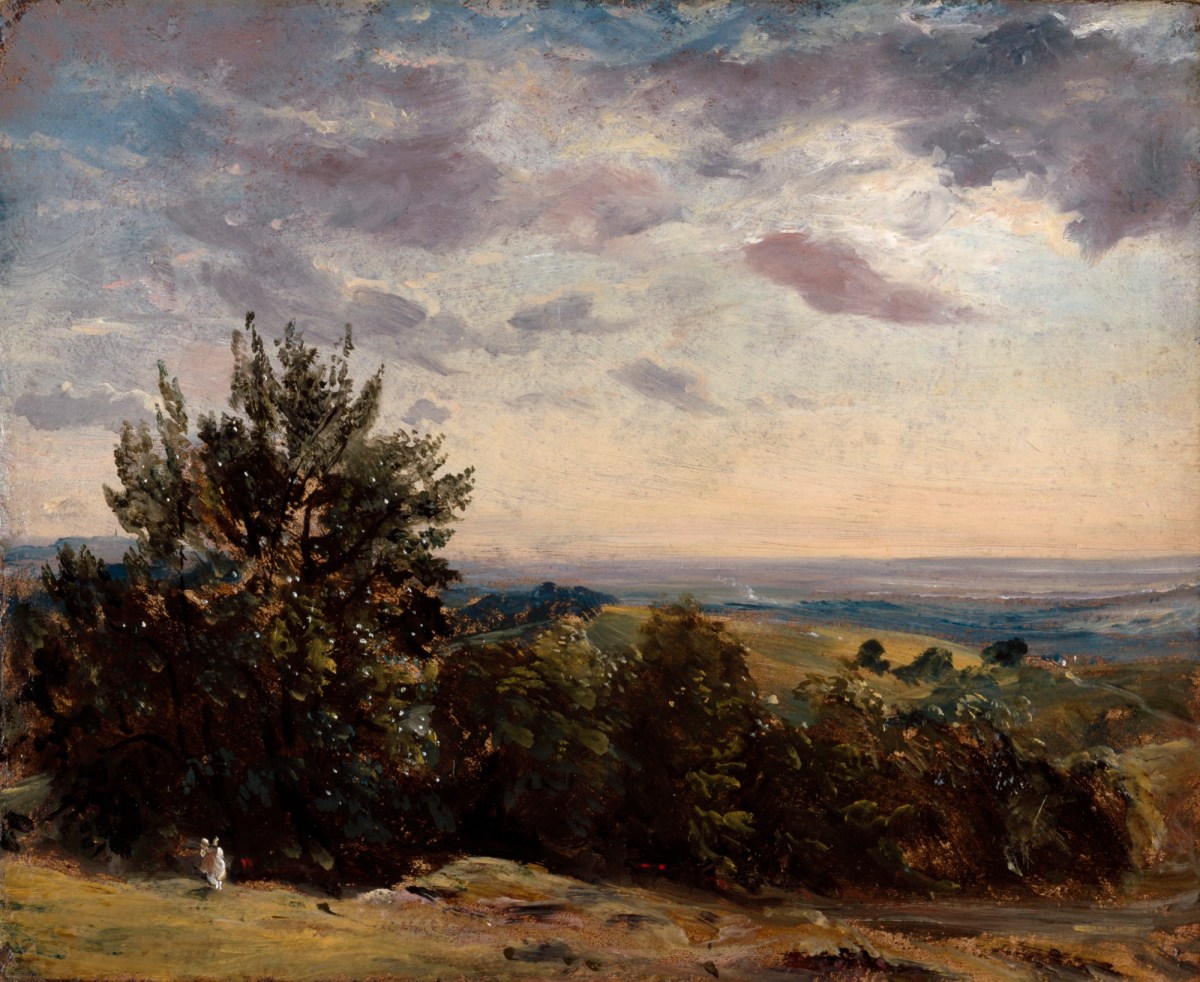
Each year, Attic Institute founder David Biespiel accepts 2-4 writers into Highgate, a private, one-on-one workshop for writers interested in close, in-depth feedback.
Highgate consists of guidance and instruction based on the idea that accountability, ambition, and tailored goals lead to achievement, growth and joy as a writer.
All genres welcome, including fiction, nonfiction, and poetry.
Why is the workshop called, Highgate?
Highgate is named after the area north of London at the corner of Hampstead Heath, where, in April 1819, the poet John Keats met up for a walk with Samuel Taylor Coleridge. Afterwards, Keats wrote a letter to his brother George about how inspired he felt from the quality and range of Coleridge's conversation:
Last Sunday I took a Walk towards Highgate and in the lane that winds by the side of Lord Mansfield’s park I met Mr. Green our Demonstrator at Guy’s in conversation with Coleridge—I joined them, after enquiring by a look whether it would be agreeable—I walked with him at his alderman-after-dinner pace for near two miles I suppose. In those two Miles he broached a thousand things—let me see if I can give you a list—Nightingales—Poetry—on Poetical Sensation—Metaphysics—Different genera and species of Dreams—Nightmare—a dream accompanied by a sense of touch—single and double touch—a dream related—First and second consciousness—the difference explained between will and Volition—so say metaphysicians from a want of smoking the second consciousness—Monsters—the Kraken—Mermaids—Southey believes in them—Southey’s belief too much diluted—a Ghost story—Good morning—I heard his voice as he came towards me—I heard it as he moved away—I had heard it all the interval—if it may be called so. He was civil enough to ask me to call on him at Highgate...
That's the spirt of the Highgate workshop — broaching a thousand things about your writing.
The first two months are devoted to creating goals in two categories: craft and development
Craft focuses on the word by word qualities of your writing and on achieving landmarks in your writing, such as organizing a manuscript or putting together packets for publication.
Development consists of books, films, and other materials that you and David discuss together to broaden your literary experiences.
The remaining four months are devoted to working on achieving the goals developed at the beginning of the tutorial.
Each month, Highgate writers submit pages of writing for review and meet privately with David via Zoom or in person.
In the conference conversation (50 minutes, sometimes longer), conversations range from line by line editing to discussion of craft, revision strategies, personal assignments, and deadlines, as well as discussion of books and authors to help you grow as a writer, all tailored to your individual goals.
Highgate is a private, one-on-one study. The registration — $135 per hour — reflects the intensity of the conversation and the commitment you make to work on your writing and the time David devotes to preparing for the Zoom tutorials. According to your budget, you may ask for a limit on the amount of time David spends each month peparing beyond the monthly conference session.
To join Highgate, writers first contact the Attic. We're happy to schedule a phone call to discuss the workshop process. Next, writers follow up by submitting ten pages and a 250-word description of your potential goals.
Each session of Highgate is six months. David accepts throughout the year.
